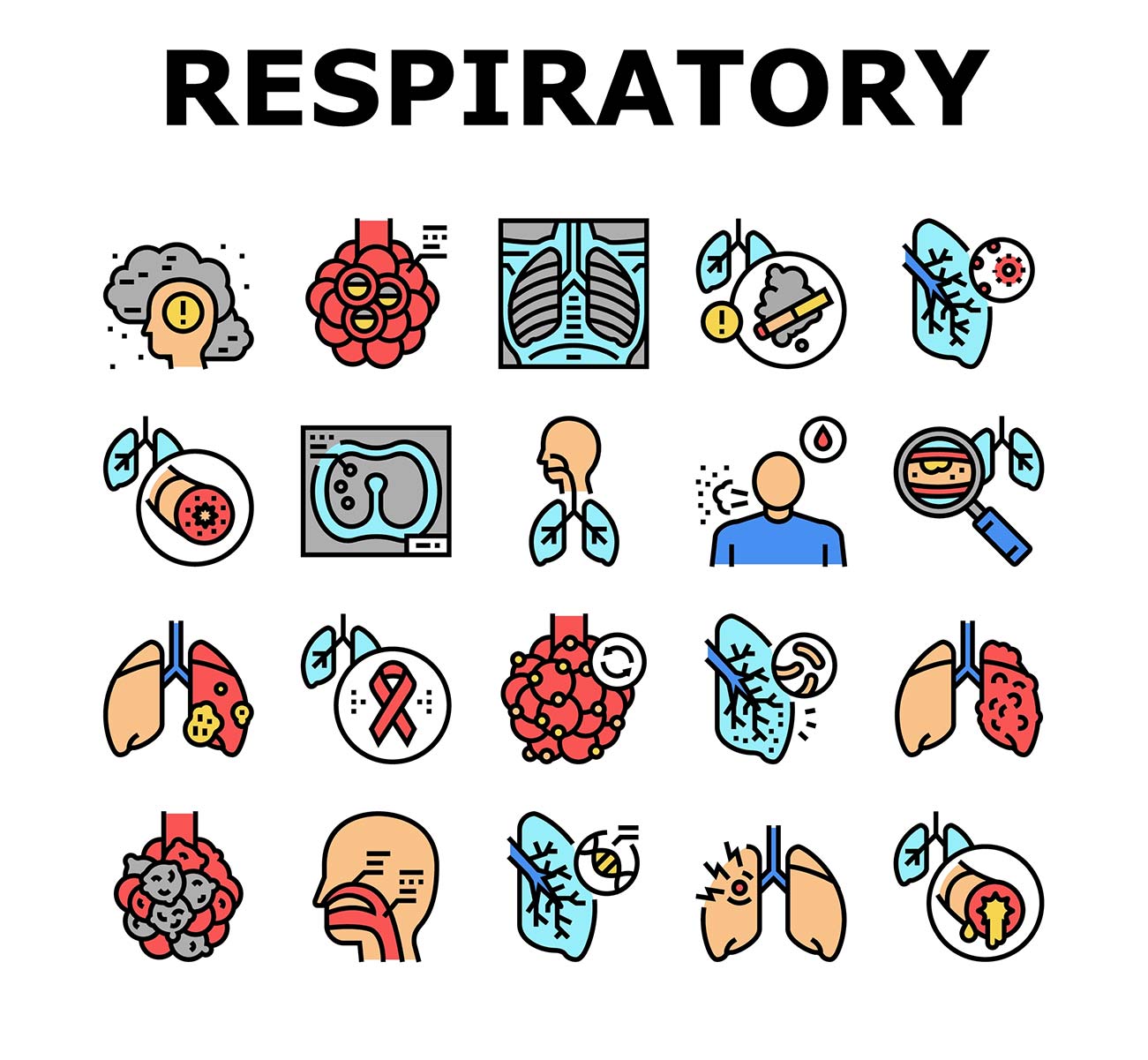The subject of mental illness is diverse and has numerous possible causes. In most situations, a person’s nature coupled with occurrences such as a global crisis like covid-19 and lifestyle behaviors can add to the development of a mental disorder. Mental health disorders refer to a spectrum of mental health issues.
Anxiety, sadness, post-traumatic stress disorder (PTSD), and schizophrenia are a few examples of common mental health issues. While mental health concerns or a bad mood can occur at any point in life, mental health illness is, however, characterized by depressive thoughts, fear, and symptoms that create regular stress that weakens a person’s capacity to function effectively.
The COVID-19 pandemic’s unique condition has had an impact on every nation on earth and given rise to emotionally draining occurrences like depression, fear of the virus’s undiscovered cure and of contracting it, vulnerability, the need for lifestyle changes, working from home, income anxiety, and the fear of losing a loved one. It has encouraged unfavorable emotional states with detrimental effects on one’s health and welfare, changing how people use alcohol, tobacco, and other substances, among other things.
People may increase their usage of substances as a maladaptive technique to minimize negative emotional feelings in response to challenging conditions. Drug and other substance usage is a behavior that changes over time, according to epidemiological studies. It is often related to stressful situations like military wars, catastrophic events, economic crises, and terrorist acts. These and other research demonstrate the critical significance that such experiences have in the use of alcohol and other drugs, as well as in mental health issues and somatic conditions.
Many people’s mental health during COVID-19 may deteriorate, or the pandemic’s consequences may result in mental illness issues. In addition to the outbreak and loneliness, other risk factors can aggravate mental health issues, and these risk factors include:
Genetics: Some mental disorders run in families and are passed on from parents to children if they are hereditary. Individuals may be more prone to having a mental health disorder if there is a history of mental illness in the family. Several psychiatric conditions have hereditary tendencies, which may indicate genetic causes.
Drug Use: Chronic drug abuse is related to both short- and long-term alterations in the brain, which can result in various mental health problems. Many drug addicts have mental health issues, which are detected regularly. Aside from drug abuse, chronic alcohol abuse increases the risk of some mental health disorders. The effects of excessive alcohol consumption include depression, anxiety, psychosis, and antisocial behavior.
Physical or Emotional Abuse: Abuse that can be physical, emotional, sexual, or verbal has long-lasting effects. People who experienced abuse or other trauma are more prone to developing different mental health issues. There are fears that confinement and spending time at home can lead to more abuse.
Childhood Trauma: A person’s mental health can be affected by emotional or physical childhood trauma even if they are no longer experiencing it daily. Tragic experiences like the covid-19 crisis may increase a child’s risk of developing anxiety, PTSD, or other mental health issues.
Lack of Socializing: An essential component in maintaining a happy and healthy life is proper socializing. Lack of human interactions can cause stress, loneliness, and isolation, all of which are harmful to one’s physical and mental health.
Stressors like the COVID-19 pandemic can lead to a substance or drug abuse, which is usually closely linked to mental health disorders. Health care professionals are urged to address all facets of a patient’s condition during treatment, given the connection between mental health, covid-19 stress, and substance use. The development of early identification, intervention, and follow-up mental health programs, using communication and information technology is imperative. These should notably put into consideration patients’ feedback and the unique characteristics evaluated in this study, such as negative emotions, substance use, and the understanding that the virus is a threat to mental health.







